East African Students in US Universities Face Rising Immigration Fears and Self-Censorship
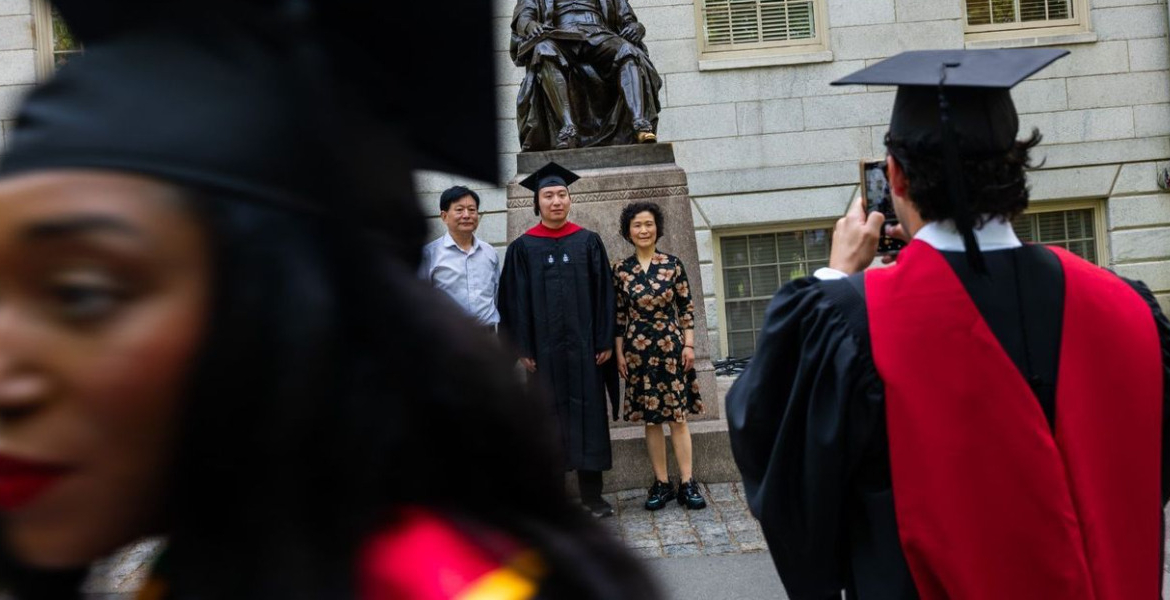
A chilling effect has gripped East African students pursuing higher education in the United States, as heightened immigration enforcement and digital surveillance under recent administrations transform their academic experience into one fraught with anxiety and self-imposed censorship.
Once viewed as a pathway to global opportunity, US education for these scholars is now overshadowed by fears of deportation, visa revocations, and potential repercussions for expressing political views. The shift began under the Trump administration, with its restrictive immigration policies that sparked widespread concern. Executive Order 14161, reinstating travel restrictions from twelve countries, including Sudan, Somalia, Eritrea, and Libya, has exacerbated the uncertainty, creating ripple effects for students from unaffected countries who now fear sudden scrutiny within an increasingly volatile immigration system.
The prevailing climate has fostered an atmosphere of caution and self-censorship. Students, once active participants in campus debates and rallies, are now wary of speaking on camera, opting for encrypted communication channels, and routinely deleting messages to avoid attracting unwanted attention. Some students who initially agreed to interviews for this story later declined, fearing potential consequences from even private conversations.
"If I leave, I might never come back," one student confided, explaining the prevailing sense of vulnerability that restricts travel and separates students from their families.
The emotional toll is significant, as students miss critical life events like weddings and funerals, deterred by the insurmountable risk of being denied re-entry.
Universities across the US have acknowledged this shifting landscape, quietly providing legal aid sessions and support networks to help students navigate the complexities of the evolving immigration policies. WhatsApp groups, previously spaces for casual conversations, have become vital lifelines, offering urgent updates, legal advice, and a means of staying connected under increasingly isolating circumstances.
For students like Rotich, an engineering student from Kenya, the financial burden of an American education already steep with high tuition fees, housing expenses, and work limitations is now compounded by the "cost of silence." He recalls how his community in Eldoret pooled resources to fund his travel after securing a partial scholarship. However, his family's messages are now laced with worry, triggered by news headlines about visa revocations and executive orders.
His aunt's warnings are blunt: "Don't protest, don't speak, just finish and come back home alive."
Asha, a postgraduate student from Ethiopia, once viewed the US as the ultimate academic frontier, growing up in Addis Ababa watching Harvard lectures on YouTube, envisioning herself in those classrooms. "Freedom used to be the defining feature of an American education," she says. "But now, freedom is an illusion."
Juma, a Tanzanian medical student with aspirations to establish a hospital in his rural village, feels as though renewing his visa is a gamble. He fears that any trip home could result in him being denied re-entry.
"Travelling home feels like playing Russian roulette with your soul," he says.
Susan, a Ugandan studying political science, once vocal in her classes and rallies, has retreated into secrecy after participating in a campus demonstration. "I've had to change apartments three times. I'm constantly looking over my shoulder," she confesses. "I don't post anything political anymore. I even deleted some of my accounts."
Despite the fear, Susan quietly helps coordinate student support networks, providing legal resources and mental health guidance, saying, "So many of us are scared. We've gone from asking questions in class to asking if we'll be deported."
Joshua, a Ugandan graduate student and student leader, uses encrypted Zoom links, VPNs, and disappearing messages to communicate. These students are adapting to a new reality where survival takes precedence over overt resistance. While once the focus was on activism and open inquiry, students are now learning fear, prioritizing legal knowledge, mental health support, and strategies to remain under the radar.

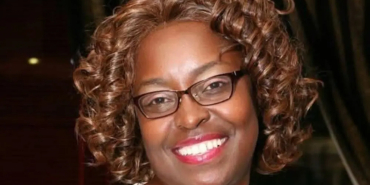
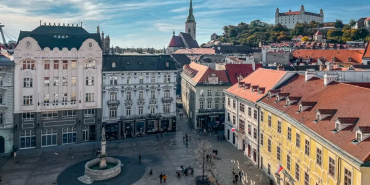
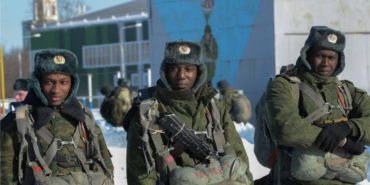
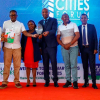



Add new comment